Enabling Behavioural Change to Create a Culture of Sustainability
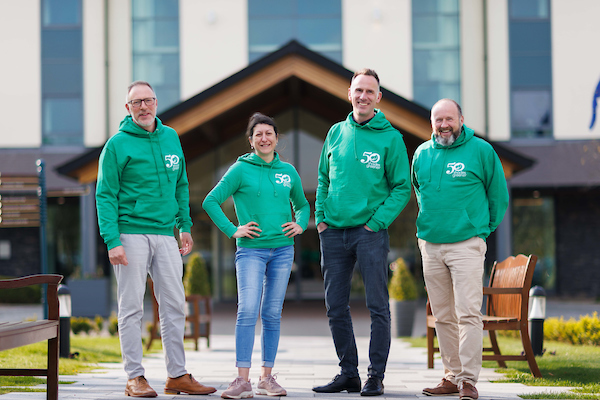
To achieve growth sustainability must be at the heart of everything we do.
Businesses have a critical role to play enabling mass behavioural change to address global challenges such as climate change, resource depletion, and social inequality. Through aligning their business strategies and ESG policies they can have a profound impact on people, planet and profit.
However, bringing about lasting behavioural change can be challenging.
At Fifty Shades Greener our Green Skills in a Box is an amazing resource that allows educators and employers to deliver green and sustainability skills across their organisation, affecting meaningful change through embedding a culture of sustainability.
The ADKAR Model provides a structured approach to drive successful change initiatives. This article explores how Green Skills in a Box can work with the ADKAR model to foster behavioural change and create a culture of sustainability, encompassing environmental, social, and governmental aspects.
What is ADKAR?
The ADKAR model is a widely recognised framework for managing individual change. It stands for Awareness, Desire, Knowledge, Ability, and Reinforcement, and offers a step-by-step approach to guide individuals through the change process. By applying this methodology, organisations can address sustainability challenges and achieve long-term behavioural change.
Building Awareness
Developing awareness is the first crucial step towards fostering a culture of sustainability. Green Skills in a Box delivers 3 levels of programmes mapped to the UN SDGs. Awareness is built across our action-based Green Skills for Life, Green Skills for Managers and ESG for Leaders programmes. Employees must first understand the environmental, social, and governmental implications of their actions to understand how sustainability will benefit their selves, their organisation and their communities. Organisations can promote the engagement of these programmes through the presentation of the organisational and individual benefits such as reduced carbon footprint and costs that are applied in the workplace and at home.
Creating Desire
Once awareness is established, it is essential to create a desire for change. Our programmes help develop passionate individuals to become sustainability changemakers. They in turn help colleagues recognise the personal and collective benefits of adopting sustainable behaviours. Organisations can facilitate this process by appealing to employees’ values, emphasising the positive impact they can have on the environment and society, and highlighting the competitive advantages gained by operating sustainably.
Knowledge, Skills and Behaviours
Fifty Shades Greener has mapped its programmes to Apprenticeship Standards and Employability qualifications. We work with short course, skills bootcamps and Apprenticeship provisions to deliver education and training that meets the needs of industry and their individual business strategies. Equipping individuals with the necessary knowledge and skills is vital for sustainable behavioural change. Organisations should provide comprehensive training programs, resources and support that empower individuals to understand sustainability principles, acquire relevant skills, and apply them in their work and personal lives. Our programmes involve online video tutorial’s with support materials and live master classes.
Enhancing Ability and Overcoming Barriers
At Fifty Shades Greener we appreciate navigating apprenticeship funding is not easy and delivering sustainability education seems daunting.
We can access funding for you, demystify sustainable education and help you deliver impact at scale. We are here for the long term as we understand that even with the right knowledge skills and behaviours, individuals may face barriers that hinder sustainable actions. Organisations should support individuals by removing obstacles, providing tools and resources, and promoting a supportive environment. This may include establishing green teams, as explained in our Green Managers programme, implementing sustainable practices in the workplace, and creating incentives to encourage sustainable behaviour.
Reinforcing a sustainable culture
To ensure lasting change, reinforcement is essential. The Fifty Shades Greener Data Portal is part of the Green Skills in a Box. This provides the ability to manage, measure and monitor your carbon emissions across energy, water and waste. In turn reinforcing the impact your training is having across the organisation and demonstrating the difference you are making. On average our learners save 30% across utility bills and 22% of carbon emissions. How will your organisation do?
Organisations can reinforce sustainable behaviours through recognition programs, rewards, and regular feedback mechanisms. All our programmes are aligned to the UN SDG’s and our ESG Leaders programme, with it’s easy to understand 50 ESG standards, is accredited by UN’s U Peace. Celebrating achievements and sharing success stories can further inspire individuals and create a sense of community and is why we are big fans of learning festivals. Over time, this reinforces a culture of sustainability that becomes embedded in the organisation’s values and practices. Ultimately driving growth underpinned by purpose.
Conclusion
Achieving a culture of sustainability requires a collective effort involving individuals, organisations, and governments. Fifty Shades Greener is here to help. By applying the ADKAR model, organisations can drive behavioural change that encompasses environmental, social, and governmental aspects. Building awareness, creating desire, providing knowledge and skills, overcoming barriers, and reinforcing sustainable behaviours are key steps in this process. By fostering a culture of sustainability, we can ensure a brighter and more sustainable future for generations to come. It is up to each and every one of us to embed sustainability in our lives and become catalysts for change in our organisations and communities. Together, we can make a significant impact and create a better world for ourselves and future generations.

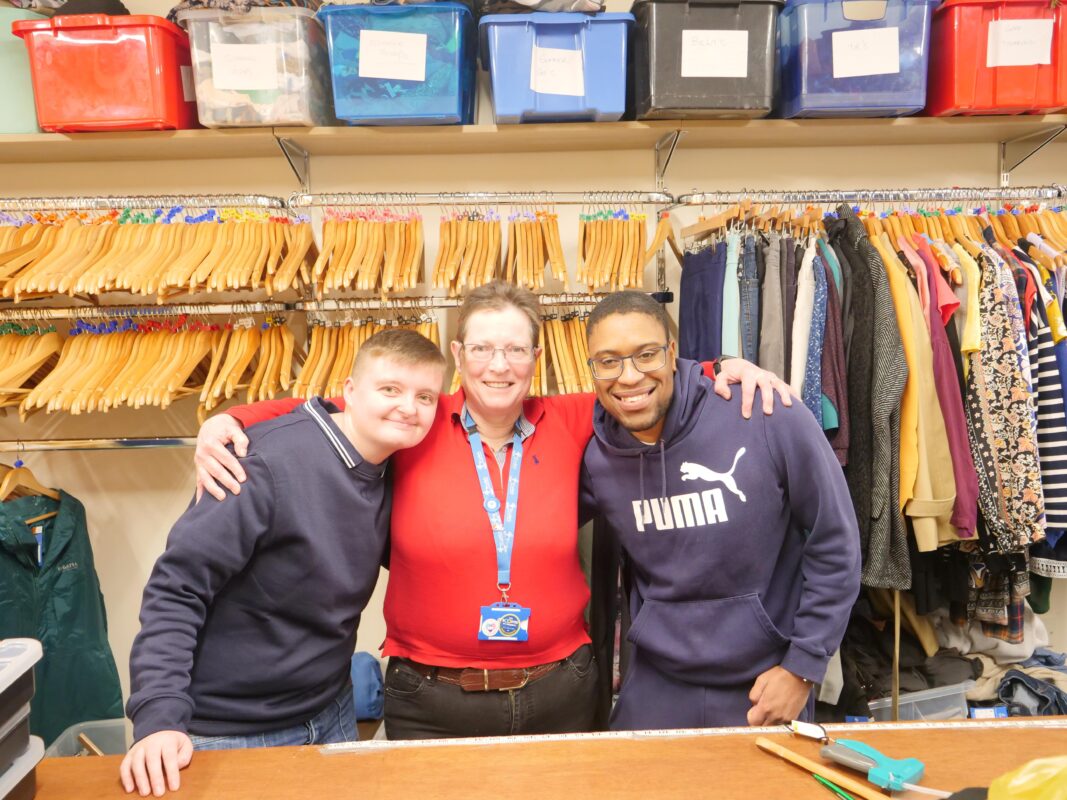



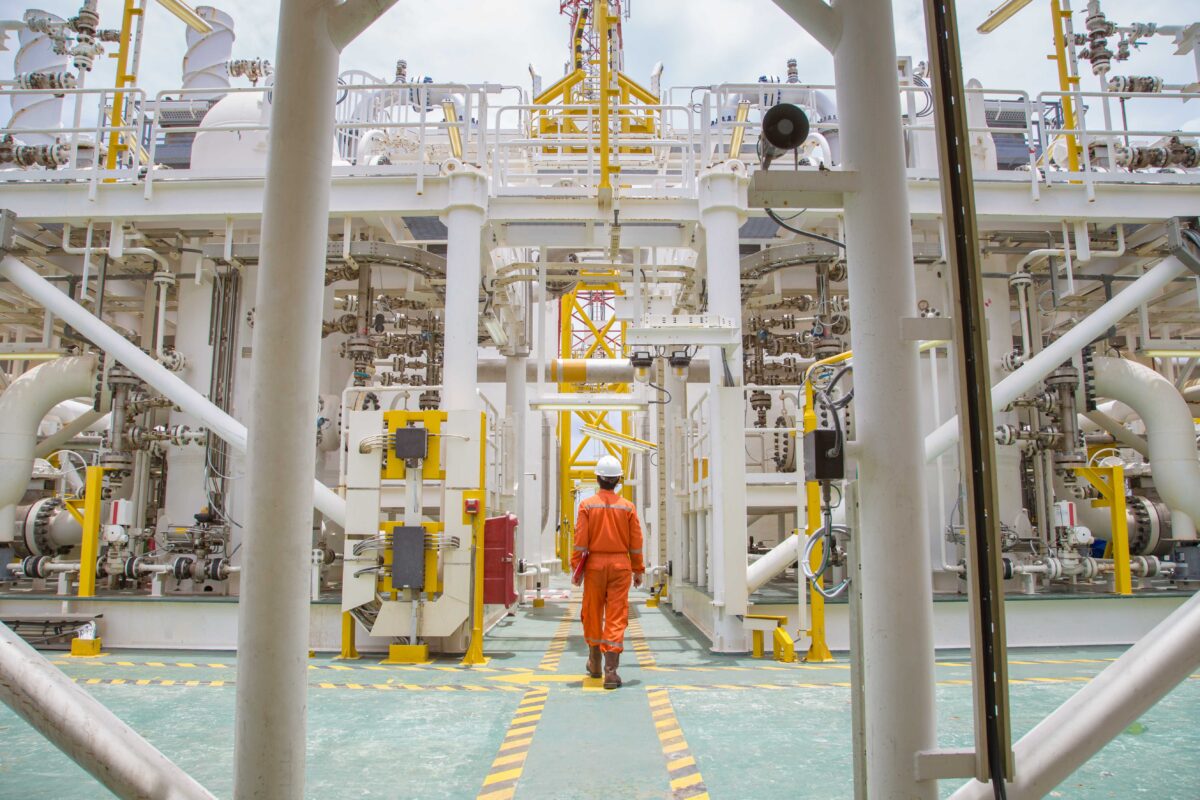



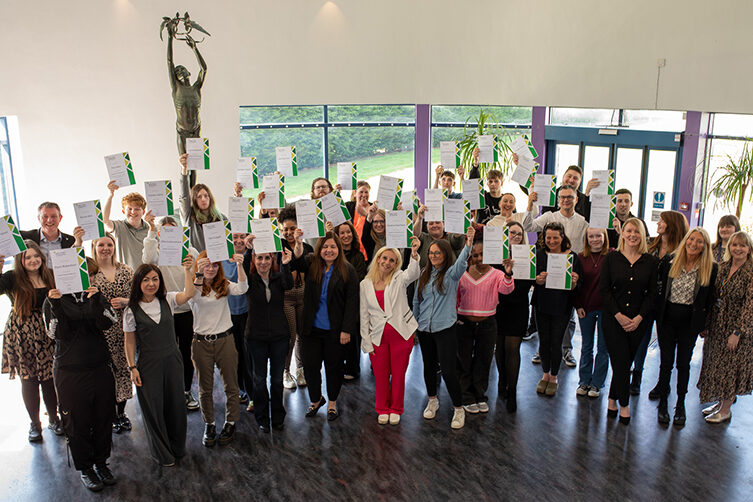
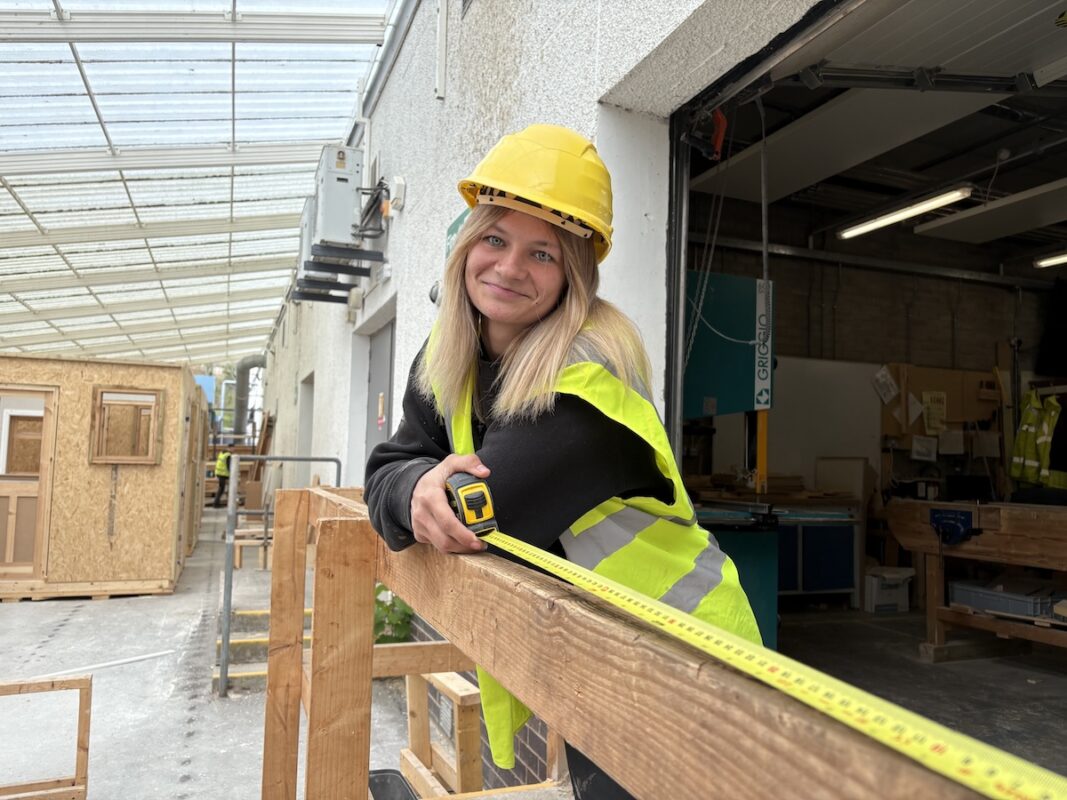
Responses